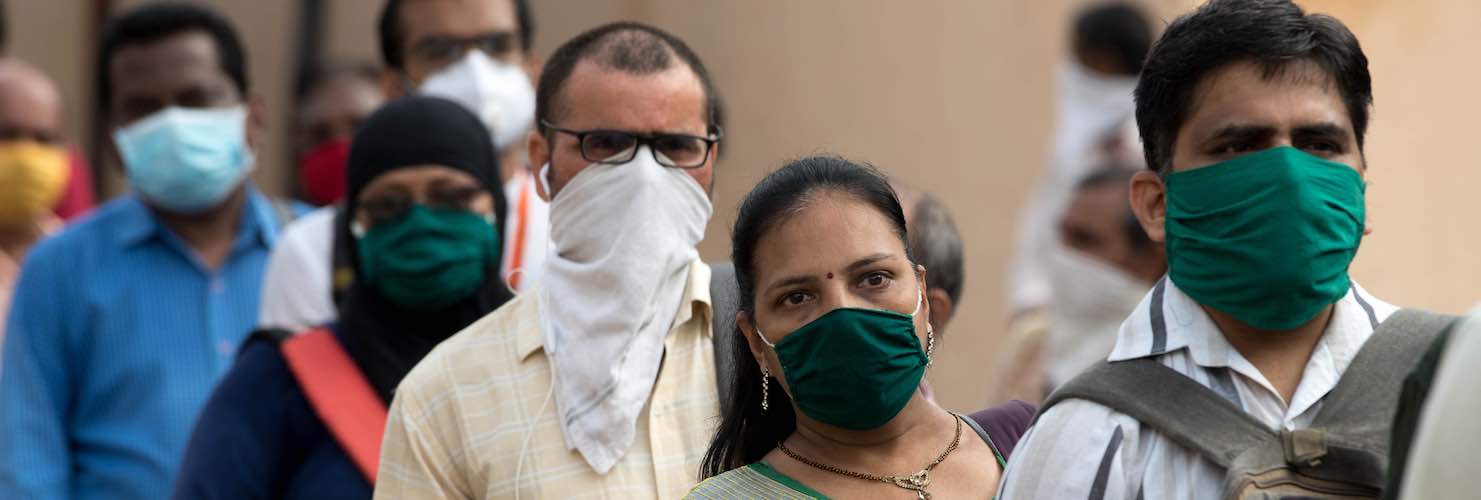News
Fit, susceptible, or frail? Updated recommendations for managing breast cancer in older people
Management of breast cancer in older women should include routine use of geriatric assessments. Recommendations from an updated multidisciplinary taskforce, which includes members of the European Society of Breast Cancer Specialists and International Society of Geriatric Oncology, published in Lancet…
Ovarian cancer population screening study signals need for additional biomarkers
Annual screening for ovarian cancer detects cancer earlier but does not save lives, concludes the largest ovarian cancer screening trial up to now. On the basis of the UK study, published in The Lancet (13th May 2021), general population screening…
Study suggests tackling loneliness could help reduce cancer in middle-aged men
Loneliness among middle-aged men is associated with increased risks of developing cancer. The longitudinal Finnish study, published in the May issue of Psychiatry Research, additionally found mortality was higher among male cancer patients who were unmarried, widowed or divorced than…
Drug repurposing approaches offer hope for squamous cell carcinoma and Alzheimer’s disease
Two recent publications highlight the growing interest of drug repurposing in oncology. A study in Cancer Prevention Research (published online 12 April) shows how dopamine can stop the development and progression of ultraviolet B (UVB)-induced precancerous squamous skin cancers; while…
Immunotherapy plus chemo: benefits in lung cancer neoadjuvant treatment
Adding a check point inhibitor to chemotherapy as neoadjuvant treatment for resectable non-small cell lung cancer (NSCLC) produced significant improvements of pathological complete response (pCR) in comparison to chemotherapy alone. The CheckMate-816 study, presented at the American Association for Cancer…
Machine learning holds key to personalised cancer drugs
Researchers have developed a machine learning (ML) algorithm that can be used to rank the effectiveness of different drugs in reducing cancer cell growth for individual patients. In Nature Communications (25 March 2021), the UK investigators report the feasibility of…
Indian cancer care struggles with pandemic of late diagnoses and delayed treatments
An average cancer patient in India usually seeks treatment three months after the symptoms appear. Due to lack of transport facilities and fear of contracting coronavirus, the time to seek care during the COVID-19 pandemic has doubled, with patients finally…
Updated MINDACT results reveal chemotherapy benefit in some breast cancers varies by age
Updated results of the MINDACT trial confirm that women with early-stage breast cancer, who were assessed to be at high clinical but low genomic risk for recurrence, and did not receive chemotherapy, continue to have excellent distant metastasis free survival…
HPV vaccine “lying around” unused in Africa due to pandemic disruption
Vaccinations for human papillomavirus (HPV) in Africa are well below World Health Organisation (WHO) targets due to COVID-19 pandemic disruptions. The WHO Africa region target was to have 35 countries introduce the HPV vaccine by 2020, but only 16 countries…
Cancer caused by occupational exposure needs urgent attention
What is the cancer burden associated with occupational exposure? A new review shows that the question needs urgent attention, given under-reporting and current difficulties in estimating the global burden. The review, in Molecular Oncology, highlights how millions of workers are…










